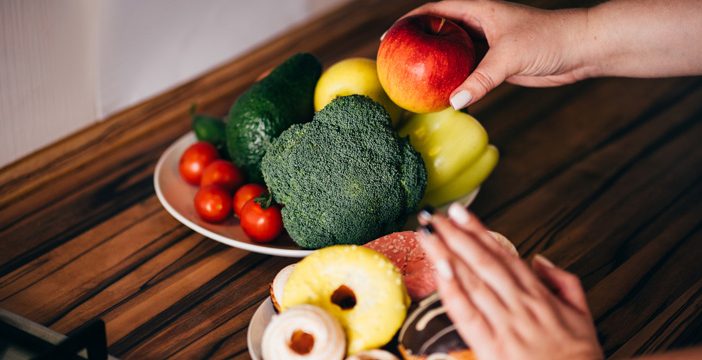As India grapples with a sharp rise in diabetes cases, health experts are urging the public to rethink the foods they consider safe. From breakfast cereals to fruit juice, a new report highlights 10 everyday foods and drinks that may quietly sabotage efforts to control blood sugar and prevent long-term complications.
The list, which is gaining traction among endocrinologists and public health professionals, underscores how subtle dietary choices can accelerate the course of type 2 diabetes and heighten the risk of cardiovascular disease, nerve damage, and kidney failure.
The Sugar You Don’t See
Sugary sodas and packaged juices are among the most harmful culprits, experts say. These drinks offer little nutritional value and flood the bloodstream with glucose. But the concern extends to foods perceived as healthier.
“Even natural sweeteners like honey and jaggery, or health-labeled options like flavored yogurt, can spike blood sugar significantly,” said Dr. Kavita Raghavan, a diabetologist at Fortis Hospital, Bengaluru. “They often contain hidden sugars that patients don’t account for.”
Dried fruits, often assumed to be wholesome, are another dietary trap. Just a handful can pack the sugar equivalent of a candy bar, minus the fiber and hydration that fresh fruits provide.
A Nation Addicted to Refined Carbs
White bread, polished rice, and traditional Indian flatbreads made from refined flour are staples in many households. But experts warn that these items break down quickly into glucose and lack fiber, leading to rapid blood sugar spikes.
Processed breakfast cereals and bakery items are similarly problematic. Many contain high levels of added sugar and trans fats, a combination that not only raises glucose levels but also worsens insulin resistance.
“We are eating sugar in forms we don’t recognize,” said Dr. Raghavan. “And that makes it harder to control the disease, even with medication.”
The Meat Misconception
Processed meats such as sausages, bacon, and ham may appeal to taste buds, but their effect on the body is less savory. High in sodium, nitrates, and unhealthy fats, they have been linked to an increased risk of type 2 diabetes, even in moderate quantities.
One recent international study found that eating a single serving of processed meat daily could raise the risk of developing diabetes by 11%.
“Processed meats are not just bad for the heart—they’re also metabolically toxic,” said Dr. Anil Deshmukh, a preventive medicine specialist. “Diabetics should treat them as off-limits.”
Smarter Swaps, Better Outcomes
Experts recommend simple substitutions: replace sweetened beverages with water or unsweetened herbal teas, choose whole grains over refined ones, and stick to fresh, seasonal produce. Plain Greek yogurt and legumes offer better nutritional value than their processed counterparts.
The challenge, doctors say, is not to eliminate pleasure from eating but to build awareness and encourage informed decisions.
India has over 100 million people living with diabetes, according to the ICMR. That number is expected to rise dramatically in the coming decades unless lifestyle changes become a public health priority.
“Food is medicine,” said Dr. Raghavan. “And in the case of diabetes, it can be either the cure—or the cause.


